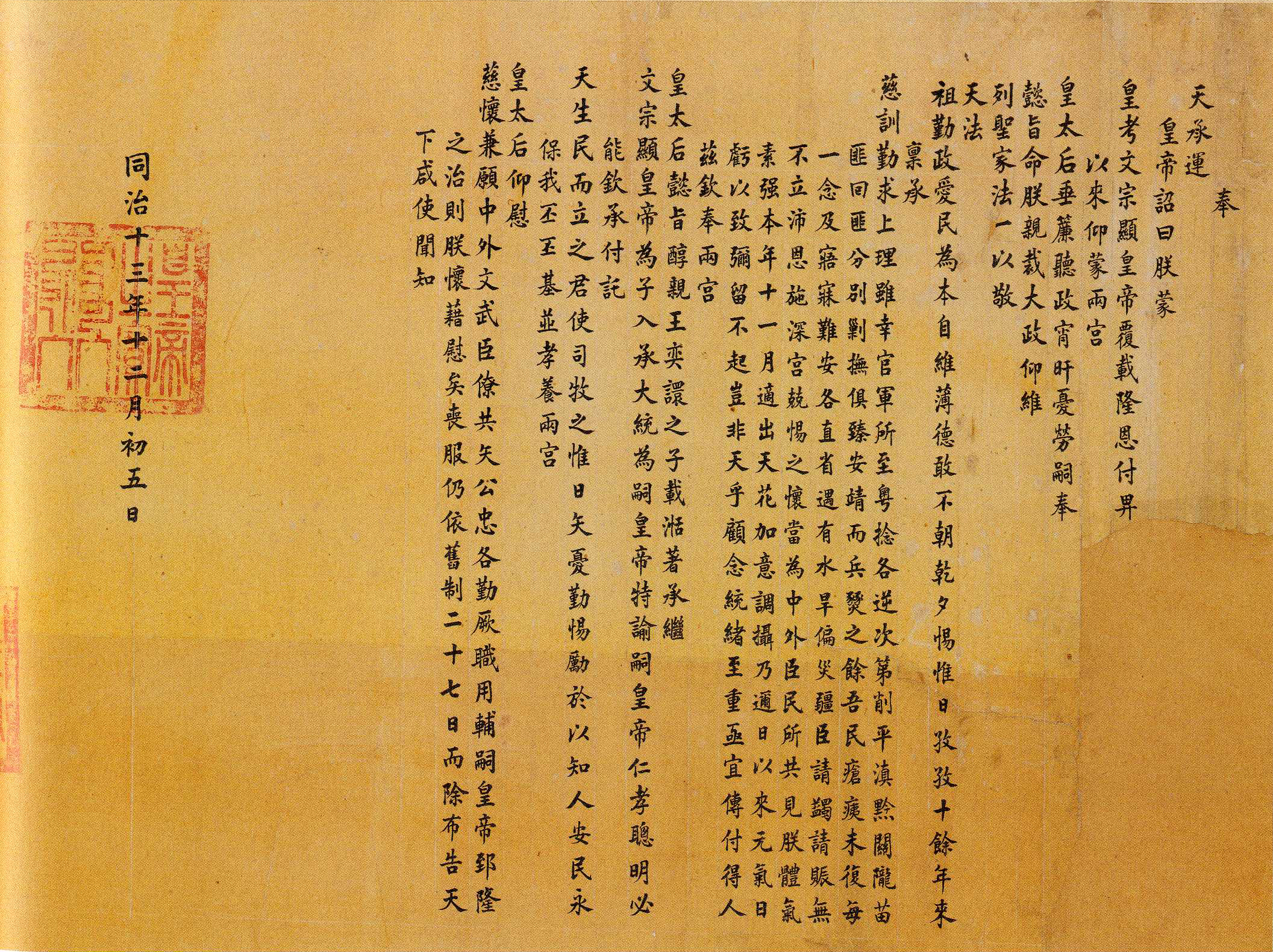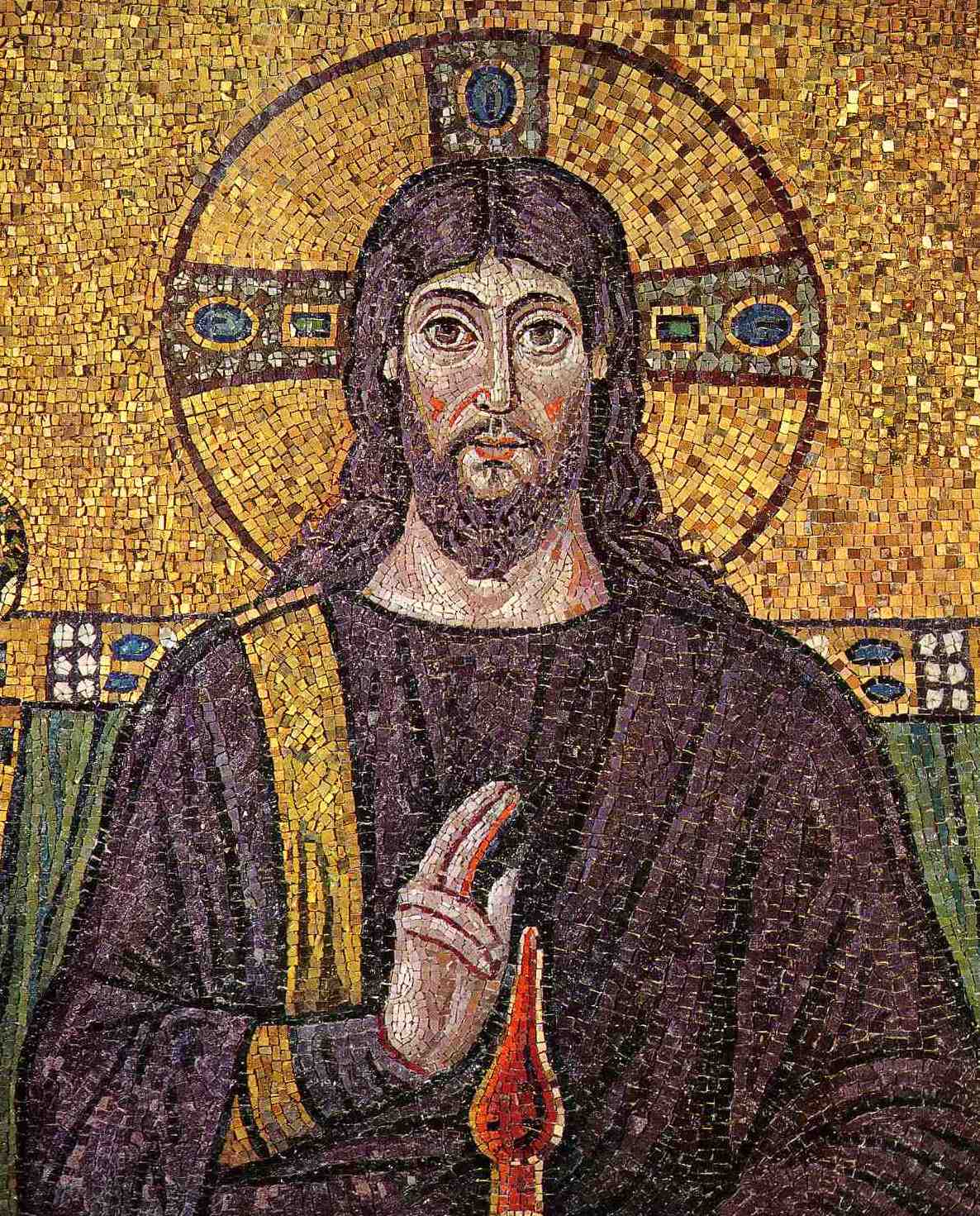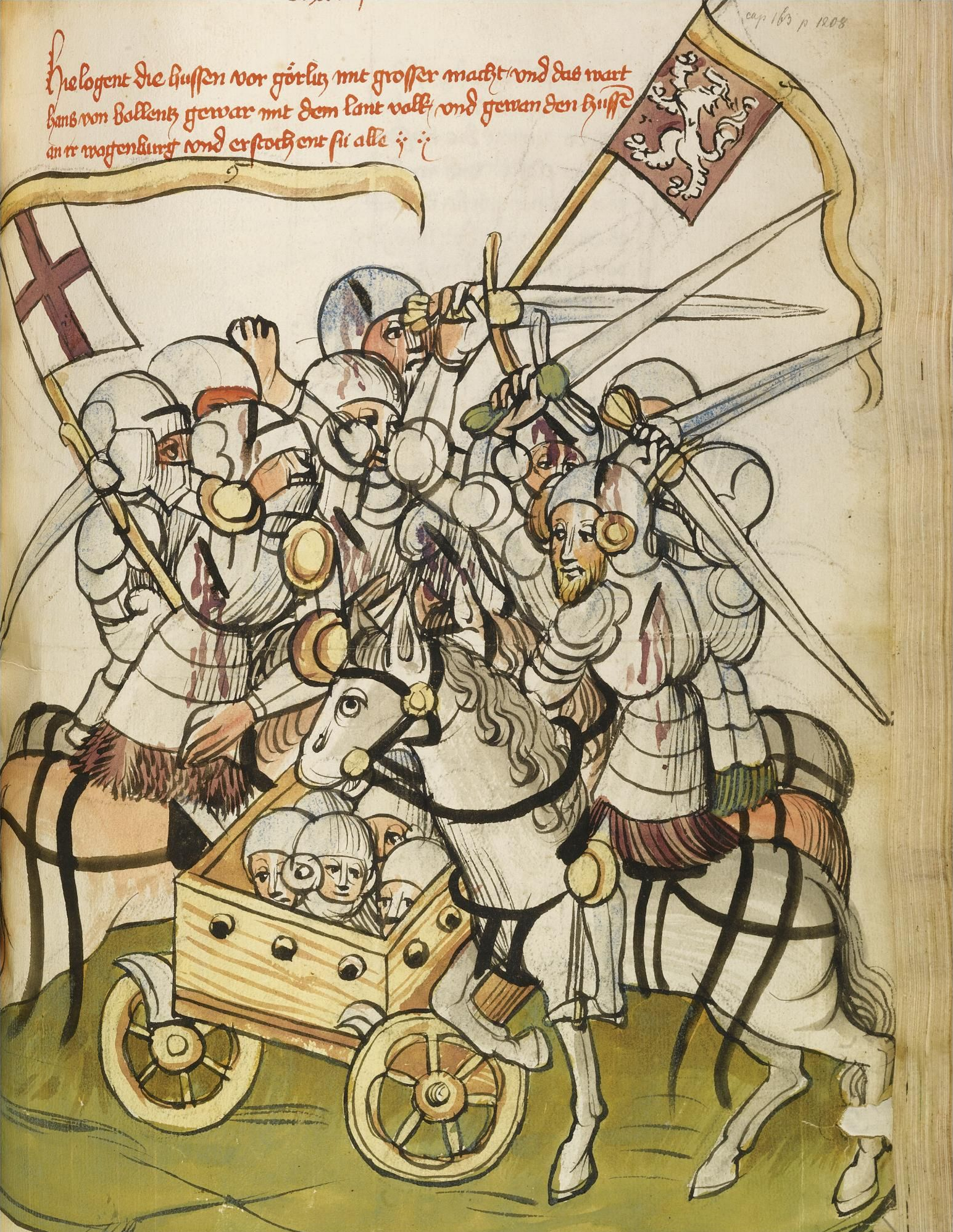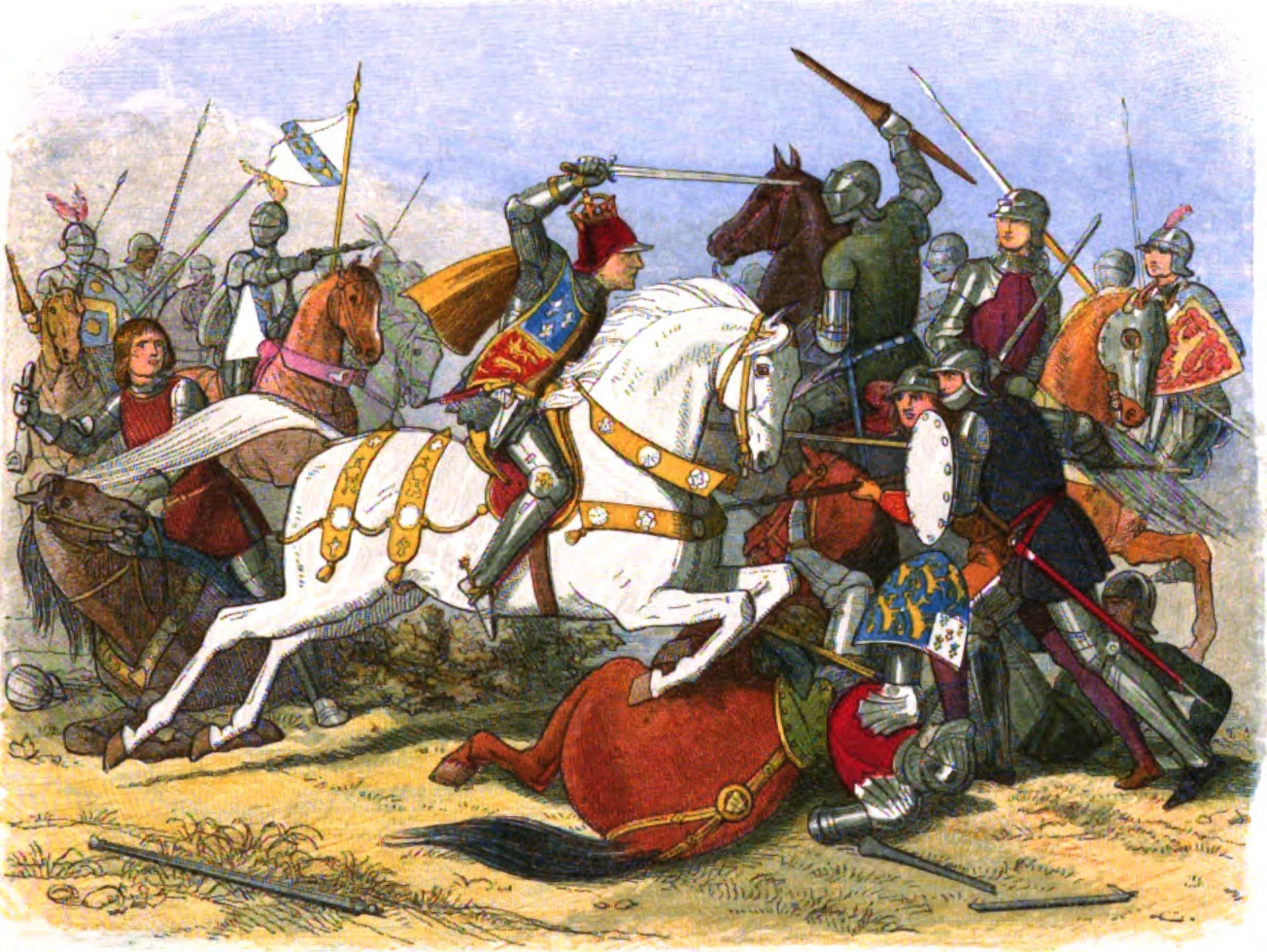|
Religious Peace Of Kutná Hora
Religious peace of Kutná Hora () was concluded in March 1485 by the Czech lands Diet in Kutná Hora between Utraquism, Utraquist Hussites and Roman Catholic Church, Roman Catholics. The agreement between representatives of both sides, reached after meeting from 13 March to 20 March, declared the agreement from the Council of Florence, Basel Council the basic law of the land. The Utraquist and the Catholic faiths were declared equal in front of the law, and the religious peace (Landfried) was declared for the following 31 years. This agreement finished a long series of religious conflicts in the Czech lands and constituted a definitive end to the Hussite Wars.Thomas A. Fudge, Jan Hus: Religious Reform and Social Revolution in Bohemia', , p. 173 The Diet in 1512 confirmed the agreement and extended it in perpetuity. Religious peace and tolerance helped for development of the land, but it contributed to the future conflicts of interests between middle-class and nobility. See also * ... [...More Info...] [...Related Items...] OR: [Wikipedia] [Google] [Baidu] |
Czech Lands
The Czech lands or the Bohemian lands (, ) is a historical-geographical term which denotes the three historical regions of Bohemia, Moravia, and Czech Silesia out of which Czechoslovakia, and later the Czech Republic and Slovakia, were formed. Together the three have formed the Czech part of Czechoslovakia since 1919, and the Czech Republic since 1 January 1993. In a historical context, Czech texts use the term to refer to any territory ruled by the Kings of Bohemia, i.e., the lands of the Bohemian Crown (') as established by Emperor Charles IV in the 14th century. This includes territories like the Lusatias (which in 1635 fell to Saxony) and the whole of Silesia, which at the time were all ruled from Prague Castle. Since the conquest of Silesia by the Prussian king Frederick the Great in the First Silesian War in 1742, the remaining lands of the Bohemian Crown—Bohemia, Moravia and Austrian Silesia—have been more or less co-extensive with the territory of the mod ... [...More Info...] [...Related Items...] OR: [Wikipedia] [Google] [Baidu] |
1480s Treaties
148 may refer to: *148 (number), a natural number *AD 148, a year in the 2nd century AD *148 BC, a year in the 2nd century BC *148 (album), an album by C418 *148 (Meiktila) Battery Royal Artillery, a specialist Naval Gunfire Support Forward Observation unit within 29 Commando Regiment Royal Artillery of 3 Commando Brigade Royal Marines *148 (New Jersey bus), a New Jersey Transit bus route *148 Gallia, a main-belt asteroid *Tatra 148, a heavy truck *Fiat 148 The Fiat 147 was a three-door hatchback subcompact car produced by Fiat in the Brazilian state of Minas Gerais from autumn 1976 until 1987, when it was replaced by the Fiat Uno. It was the Brazilian variant of the Fiat 127. Some were also buil ..., a supermini car See also * List of highways numbered 148 * {{Number disambiguation ... [...More Info...] [...Related Items...] OR: [Wikipedia] [Google] [Baidu] |
Edicts Of Toleration
An edict is a decree or announcement of a law, often associated with monarchies, but it can be under any official authority. Synonyms include "dictum" and "pronouncement". ''Edict'' derives from the Latin edictum. Notable edicts * Telepinu Proclamation, by Telipinu, king of the Hittites. Written c. 1550 BC, it helped archeologists to construct a succession of Hittite Kings. It also recounts Mursili I's conquest of Babylon. * Edicts of Ashoka, by the Mauryan emperor, Ashoka, during his reign from 272 BC to 231 BC. * Reform of Roman Calendar, Julian Calendar, took effect on 1 January AUC 709 (45 BC). * Edictum perpetuum (129), an Imperial revision of the long-standing Praetor's Edict, a periodic document which first began under the late Roman Republic (c. 509–44 BC). * Edict on Maximum Prices (301), by Roman Emperor Diocletian. It attempted to reform the Roman system of taxation and to stabilize the coinage. * Edict of Toleration (311), by Galerius before hi ... [...More Info...] [...Related Items...] OR: [Wikipedia] [Google] [Baidu] |
Christian Secularism
Christian atheism is an ideology that embraces the teachings, narratives, symbols, practices, or communities associated with Christianity without accepting the literal existence of God. It often overlaps with nontheism and post-theism. Common beliefs There are different schools of thought among Christian atheists. Thomas Ogletree, Frederick Marquand Professor of Ethics and Religious Studies at Yale Divinity School, lists these four common beliefs:Ogletree, Thomas W. The Death of God Controversy. New York: Abingdon Press, 1966. # the assertion of the unreality of God for our age, including the understandings of God that have been a part of traditional Christian theology; # the insistence upon coming to grips with contemporary culture as a necessary feature of responsible theological work; # varying degrees and forms of alienation from the church as it is now constituted, and; # recognition of the centrality of the person of Jesus in theological reflection. Theological approach ... [...More Info...] [...Related Items...] OR: [Wikipedia] [Google] [Baidu] |
Hussite History
upright=1.2, Battle between Hussites (left) and Crusades#Campaigns against heretics and schismatics, Catholic crusaders in the 15th century upright=1.2, The Lands of the Bohemian Crown during the Hussite Wars. The movement began during the Prague.html" ;"title="Renaissance in Prague">Renaissance in Prague and quickly spread south and then through the rest of the Kingdom of Bohemia. Eventually, it expanded into the remaining domains of the Bohemian Crown as well. The Hussites (Czech: ''Husité'' or ''Kališníci'', "Chalice People"; Latin: ''Hussitae'') were a Czech Proto-Protestantism, proto-Protestant Christian movement influenced by both the Byzantine Rite and John Wycliffe that followed the teachings of reformer Jan Hus (fl. 1401–1415), a part of the Bohemian Reformation. The Czech lands had originally been Christianized by Byzantine Greek missionaries Saints Cyril and Methodius, who introduced the Byzantine Rite in the Old Church Slavonic liturgical language and the By ... [...More Info...] [...Related Items...] OR: [Wikipedia] [Google] [Baidu] |
Religion And Peace
Religion is a range of social system, social-cultural systems, including designated religious behaviour, behaviors and practices, morals, beliefs, worldviews, religious text, texts, sanctified places, prophecies, ethics in religion, ethics, or religious organization, organizations, that generally relate humanity to supernatural, transcendence (religion), transcendental, and spirituality, spiritual elements—although there is no scholarly consensus over what precisely constitutes a religion. It is an essentially contested concept. Different religions may or may not contain various elements ranging from the divine, sacredness, faith,Tillich, P. (1957) ''Dynamics of faith''. Harper Perennial; (p. 1). and a supernatural being or beings. The origin of religious belief is an open question, with possible explanations including awareness of individual death, a sense of community, and dreams. Religions have sacred histories, narratives, and mythologies, preserved in oral traditions, sac ... [...More Info...] [...Related Items...] OR: [Wikipedia] [Google] [Baidu] |
Political Compromises In Europe
Politics () is the set of activities that are associated with making decisions in groups, or other forms of power relations among individuals, such as the distribution of status or resources. The branch of social science that studies politics and government is referred to as political science. Politics may be used positively in the context of a "political solution" which is compromising and non-violent, or descriptively as "the art or science of government", but the word often also carries a negative connotation.. The concept has been defined in various ways, and different approaches have fundamentally differing views on whether it should be used extensively or in a limited way, empirically or normatively, and on whether conflict or co-operation is more essential to it. A variety of methods are deployed in politics, which include promoting one's own political views among people, negotiation with other political subjects, making laws, and exercising internal and external forc ... [...More Info...] [...Related Items...] OR: [Wikipedia] [Google] [Baidu] |
Catholic Church In The Czech Republic
The Catholic Church in the Czech Republic () is part of the worldwide Catholic Church, under the spiritual leadership of the Pope, curia in Rome, and the Conference of Czech Bishops. Overview In the 2021 census, 741,000 people identified themselves Roman Catholics, another 8,309 people identified as Greek Catholics, and an additional 236,000 people described themselves as simply Catholics. Together, they represent over 9% of the Czech population. There are eight dioceses including two archdioceses. Additionally, there is a separate jurisdiction for those of the Byzantine Rite called the Ruthenian Catholic Apostolic Exarchate of Czech Republic. The Catholic Church is the largest single religious denomination in the country. History Protestant Bohemia vs. the Habsburgs After the death of Jan Hus in 1415, the Czechs were mostly Hussite, a diverse sect which was considered heretical by the Catholic Church. The Hussite wars were fought over religious freedom in Bohemia as five c ... [...More Info...] [...Related Items...] OR: [Wikipedia] [Google] [Baidu] |
Catholicism And Politics
The Catholic Church and politics concerns the interplay of Catholicism with religious, and later secular, politics. The Catholic Church's views and teachings have evolved over its history and have at times been significant political influences within nations. Overview Historically, the Church followed the policy of strict neutrality, with Catholic thinkers such as Eusebius of Caesarea believing that the Church should not concern itself with political matters. However, Saint Augustine, one of the Doctors of the Church, influenced the Church with his theory of minimal involvement in politics, according to which the Church "accepted the legitimacy of even pagan governments that maintained a social order useful to Christians as well, and to the extent that the freedom of the Church to carry out its evangelical task was allowed." In the 13th century, Thomas Aquinas discussed the concept of political legitimacy and the moral issues of using political power, concluding that explicit ... [...More Info...] [...Related Items...] OR: [Wikipedia] [Google] [Baidu] |
1485 In Europe
Year 1485 (Roman numerals, MCDLXXXV) was a common year starting on Saturday of the Julian calendar. Events January–December * Spring – Multiple earthquakes occur near Mount Tai, Taishan, Ming dynasty, China. * March 16 – A solar eclipse crosses northern South America and Central Europe. * June 1 – Matthias Corvinus, Matthias of Kingdom of Hungary, Hungary Siege of Vienna (1485), takes Vienna, in his conquest of Archduchy of Austria, Austria (from Frederick III, Holy Roman Emperor, Frederick III), and makes the city his Capital (political), capital. * August 5–August 7, 7 – The first outbreak of sweating sickness in Kingdom of England, England begins. * August 22 – Battle of Bosworth: King Richard III of England is defeated by (rival claimant to the throne of England) Henry VII of England, Henry Tudor, Earl of Richmond; Richard dies in battle, and Henry Tudor becomes King Henry VII of England (although Henry marks this battle as Augu ... [...More Info...] [...Related Items...] OR: [Wikipedia] [Google] [Baidu] |
Kutná Hora
Kutná Hora (; ) is a town in the Central Bohemian Region of the Czech Republic. It has about 22,000 inhabitants. The history of Kutná Hora is linked to silver mining, which made it a rich and rapidly developing town. The centre of Kutná Hora, including the Sedlec Abbey and the Sedlec Ossuary, was designated a UNESCO World Heritage Site in 1995 because of its outstanding architecture and its influence on subsequent architectural developments in other Central European city centres. The historic town centre is also protected as an Cultural monument (Czech Republic)#Monument reservations, urban monument reservation, the fourth largest in the Czech Republic. The large concentration of monuments and its inclusion on the UNESCO list make Kutná Hora a significant tourist destination. The town's sacral monuments are among the most important and most visited monuments in the Czech Republic. In addition to tourism, the town's economy also includes industry, which is represented by product ... [...More Info...] [...Related Items...] OR: [Wikipedia] [Google] [Baidu] |
František Šmahel
František Šmahel (17 August 1934 – 5 January 2025) was a Czech historian of medieval political and intellectual history, known for his works about Hussitism, universities in the Middle Ages, humanism, and Monarch representation in the Middle Ages. He was a globally-recognized expert on the Bohemian Reformation and the medieval Prague University. His scholarly activities were diverse, covering historical figures (Jan Hus, Jerome of Prague), university texts, political history, research into rituals, and the publication of source editions. After the Velvet Revolution in 1989, Šmahel was head of the Historical Institute of the Czech Academy of Sciences for eight years. Together with Petr Sommer, he initiated the foundation of the Centre for Medieval Studies in Prague and he became its first director in 1998–2004. In 1996, Šmahel was awarded the Hans Sigrist Prize. He was a member of many prestigious scholarly associations and was the recipient of a number of foreign and ... [...More Info...] [...Related Items...] OR: [Wikipedia] [Google] [Baidu] |





